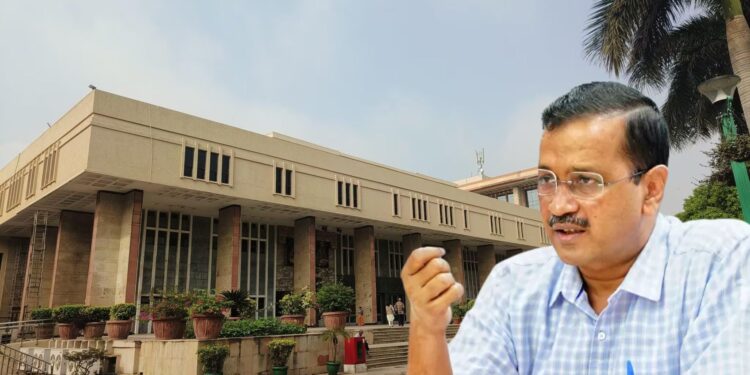Former Delhi Chief Minister Arvind Kejriwal recently moved the Delhi High Court to contest the legal basis of criminal complaints filed by the Enforcement Directorate (ED) for his alleged non-compliance with summons in the Delhi excise police probe. These complaints, grounded in the Prevention of Money Laundering Act (PMLA), challenge Kejriwal’s failure to appear in response to the ED’s inquiries into purported irregularities in the 2021-22 excise policy, now rescinded.
The matter was presented before Justice Manoj Kumar Ohri, who directed the ED to respond to Kejriwal’s petition, which also disputes a lower court’s decision to take cognizance of the ED’s complaints. “Would you like to respond? File a reply,” the judge told the ED’s counsel, scheduling the next hearing for December 19. However, the Court declined to stay the ongoing trial proceedings as Kejriwal’s legal team requested.
Senior Advocate Rebecca M John, representing Kejriwal, highlighted procedural issues, arguing that under Section 174 of the Indian Penal Code (IPC), only the officer initially issued the PMLA summons should file the subsequent complaint. John contended that the complaint’s validity could have been better since a different ED official had lodged it despite the original officer being available.
The ED’s case against Kejriwal is rooted in allegations that Aam Aadmi Party (AAP) leaders, including Kejriwal, structured the Delhi excise policy with deliberate loopholes to benefit liquor vendors in exchange for kickbacks. Investigative agencies claim these funds were diverted to finance AAP’s campaign for the Goa Assembly elections. The Central Bureau of Investigation (CBI) and the ED are actively probing the case, gaining significant public and political attention.
Kejriwal’s troubles escalated in March when the ED arrested him in connection with the money laundering case. Although the Supreme Court granted him interim bail in the ED matter, permitting him to campaign for the upcoming Lok Sabha polls, the CBI later issued a formal arrest on June 26—an action his lawyers labeled an “insurance arrest” intended to ensure he remained in custody even if he secured bail in the ED case.
On July 12, the Supreme Court granted Kejriwal interim bail in the ED case, followed by bail in the CBI case on September 13, leading to his eventual release from prison. Post-release, Kejriwal tendered his resignation as Delhi’s Chief Minister, with the AAP now gearing up for the upcoming Delhi Assembly elections. The party has framed its legal battles as politically motivated, alleging that the cases aim to hinder its momentum ahead of critical electoral contests.

















